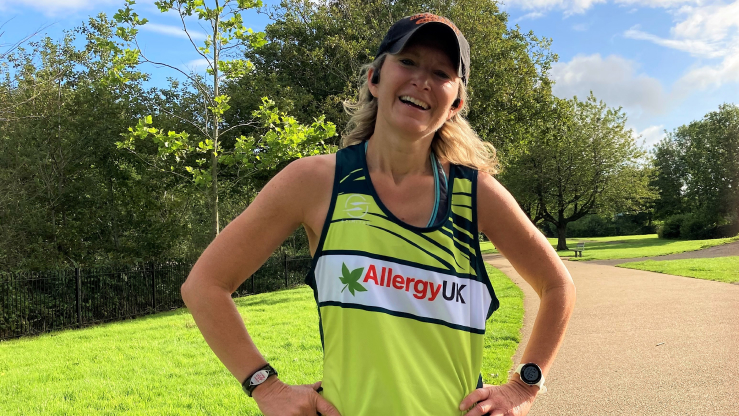
Moving Out and Shared Living Space
Tips on how to help your young person create an allergy friendly home environment from our Parent Pathways hub.
 Universities and Higher Education | Allergy UK | National Charity
Universities and Higher Education | Allergy UK | National Charity
Information and advice for a parent or carer of a young adult living with allergy.
Universities have a general duty of care at common law (Health and Safety at Work Act 1974), to act reasonably to protect the health, safety and welfare of its student. This means a university needs to make sure that it has effective and robust systems, policies and procedures in place for supporting and managing students, and that training and awareness-raising is provided for staff. Generally, as a minimum, a university should offer a basic welfare service to students to provide confidential guidance and support on health and disability as it may affect their academic studies and progression (AMOSSHE).
What this looks like will vary across institutions. Therefore, it’s important to research and visit universities before enrolling, and important to speak with student support services, to find out what they have in place for students living with allergies.
Before enrolling, it’s beneficial to attend university open days and college visits with your young person. If they’re transitioning from school to university or college, you can approach their current school’s guidance/pupil support or welfare team to see if they can support.
Be sure to also visit the college or university website to see if there is any information on attending with allergies. Often there will be guidance on who to contact.
The support offered across university and college sites can vary from institution to institution. For this reason, it’s important to speak with support staff, personal/guidance tutors or student support services, to find out what practices, guidance and policies they have available for those who are living with allergies. Usually this can be accessed through the student support services, welfare and guidance officers, disability support or through a link lecturer.
Many university or colleges have some level of allergy awareness and may offer initiatives, such as:
Examples of support offered:
Support them to:
This will all help to minimise the impact of allergy on their life and keep them safe and healthy.
Your young person’s allergies may become worse during the transition to university and college. This can be due to a number of things including stress, living conditions, adapting to living away from home etc.
Encourage your young person to think and plan ahead, and not leave anything to chance. This includes going on placements, residentials or other activities, as well as the usual social activities.
Medical alert jewellery or bands with medical information engraved onto them detailing the wearers allergies can be useful, but these need to be purchased. Alternatives which do not require an expense include carrying a card stating their allergy, their allergy management plan (including asthma management plan if relevant) with their rescue medication. Remind your young person often that they should carry their rescue medications and devices with them at all times:
Visit our ‘Moving Out and Shared Living Space’ for parents of 18-25 year olds, for support on helping your young person with allergens around the house. You could also direct them to our Allergy House for more tips and advice on managing allergens around the home.
A detailed section on supporting your young person to independently manage their healthcare can be found under the GP and Healthcare section of Parent Pathways for parents of 18-25 year olds.
In addition, ahead of starting university, you should begin encouraging your young person to assume responsibility for:
It is important to make sure your young person registers with a GP local to their university or college, to maintain continuity of healthcare. This is essential, so they can get repeat prescriptions and book essential.
Support for health concerns, including sexual health, can be accessed through the student union or welfare support. Services can include counselling, access to free condoms (including latex free), family planning, drug testing kits and anti-spiking resources.
A detailed section on supporting your young person to independently manage their food allergies in shared accommodation can be found under the Moving Out and Shared Living Space section of Parent Pathways for parents of 18-25 year olds.
If your young person lives with food allergy, you can share these tips to help them stay safe at university:
Want to know what student life is really like at the University of Nottingham? Their team of student bloggers tell you all you need to know about the University, the city of Nottingham and a whole lot more.
Sanofi UK has provided a financial contribution to the production of this digital destination but has had no editorial input into the design, content or other outputs.
It is important to Allergy UK that we can engage with all people that are affected by allergic disease
Join our mailing list



